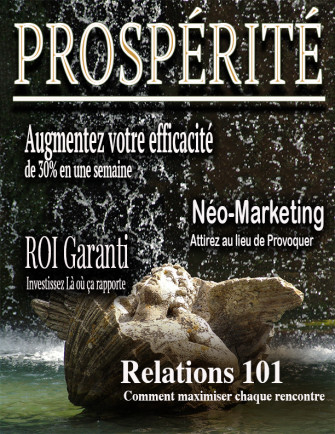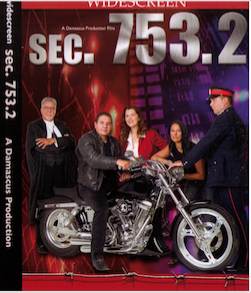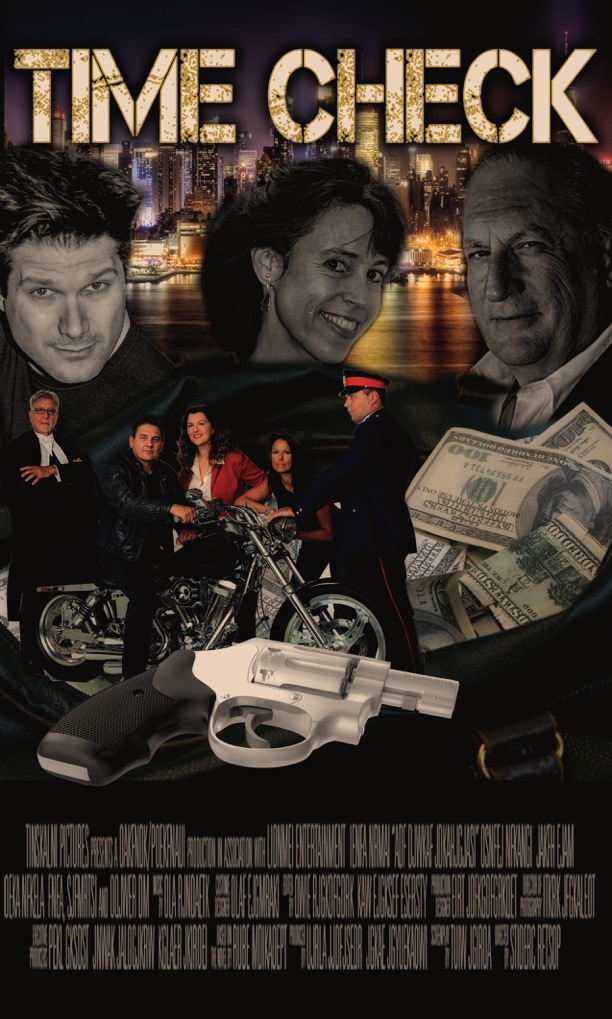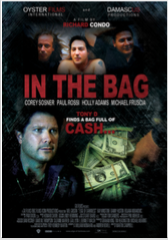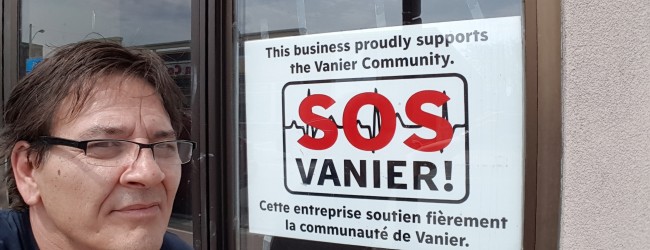The case of Ottawa professor Hassan Diab, extradited to France on dubious grounds to endure near solitary confinement, now appears to be something much more disturbing. It appears, according to new reporting by the CBC, that Dr. Diab was sent to France in part because senior officials in the Canadian justice department did not disclose evidence that strongly pointed to his innocence.
Dr. Diab, upon being released in France earlier this year and returning to Canada, said he had no intention of suing for compensation. I hope he changes his mind now, and that his case prompts a swift redrafting of Canada’s extradition laws to prevent a similar miscarriage of justice.
It’s no longer news that innocent people are falsely convicted in Canada, including of the most serious crimes. It happens when police and prosecutors are convinced that a suspect is guilty, no matter whether there is an absence of evidence, or even exculpatory evidence.
Perhaps we shouldn’t be shocked by that. There is no inherent reason that police, prosecutors and judges ought to be more or less fallible than other government employees, like those who work in defence procurement or in energy policy. On the other hand, though, incompetence or malfeasance in the criminal justice system has such catastrophic consequences for the falsely accused that it always ought to shock and appall.
That is what happened in the case of Dr. Diab. In 2008, France requested his extradition on charges related to the 1980 Paris synagogue bombing that killed four people. The evidence France had was flimsy at best, relying mostly on discredited handwriting samples. Canada’s Extradition Act does not require that the evidence be credible, but simply that the requesting government assert that it has evidence.

In June 2011, the Canadian courts approved the extradition on those narrow grounds, even though the presiding judge said bluntly that the evidence was “convoluted, very confusing, with conclusions that are suspect” and that “the prospects of conviction in the context of a fair trial seem unlikely.”
The minister of justice at the time of extradition in 2014, Rob Nicholson, had the authority to stop it, but declined to do so, saying in effect that in such matters France was entitled to the benefit of the doubt.
Dr. Diab was entitled to no such benefit, and no effective presumption of innocence. Awaiting trial in France, he spent more than three years in near solitary confinement. Before his extradition, he had to wear an ankle bracelet in Canada for three years — a privilege for which he had to pay $2,000/month. His ordeal finally ended in January 2018, the French courts ordering his release as there was insufficient evidence even to bring the matter to trial.
Now it appears that the justice department had evidence that he was innocent and did not disclose it
Indeed, it was known for a long time that Dr. Diab was actually writing exams in Beirut at the time of the bombing. The entire case was a grave miscarriage of justice, with an innocent Canadian citizen languishing in a foreign jail for 38 months. And now it appears that the justice department had evidence that he was innocent and did not disclose it.
Documents obtained by the CBC reveal that Claude LeFrançois, senior counsel with the International Assistance Group in the federal department of justice, was feverishly working to shore up France’s collapsing case. When the French handwriting analysis was discredited, he urgently requested that a new, more prosecution-friendly analysis be ordered up. LeFrançois was advising the French on how to proceed, which he had no legal obligation to do. Meanwhile, he was telling Canadian courts that he had no direct knowledge of what the French were up to.
LeFrançois hoped to strengthen the case against Dr. Diab with fingerprint evidence. He asked France to send fingerprints of the bombing suspect for comparison by the RCMP. That comparison was done, and Dr. Diab was definitively excluded. The prints did not match.
In a regular prosecution, that exculpatory evidence would have to be disclosed to the defence. In an extradition hearing that is not legally required. Consequently LeFrançois did not disclose the evidence, which he had in January 2010. To the contrary, the CBC reports, he spent another 18 months shoring up the rickety case against Dr. Diab until a judge reluctantly signed off on the extradition.
The failings of the law do not excuse the failings in judgment and integrity by Canada’s justice department
LeFrançois did not have a legal obligation to disclose, but certainly there was a moral duty to not hide exculpatory evidence. But even setting aside the disclosure issue, why would LeFrançois double down on his efforts to extradite Dr. Diab when he himself knew that fingerprint evidence excluded him as the bomber?
Canada’s Extradition Act should be rewritten to mandate the basic safeguards of due process, which Dr. Diab was denied. But the failings of the law do not excuse the failings in judgment and integrity by Canada’s justice department, at the very highest levels.
As per usual, when massive miscarriages of justice come to light, the public reaction is minimal. Despite our constitutional guarantees the contrary, it seems that we are not greatly bothered by the incarceration of the innocent.








